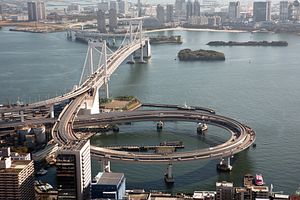This weekend’s meeting of the Group of 20 top global economies in Cairns, Australia did not produce many headline grabbing sound bites or statements. The G20 nations agreed to continue pursuing their target of increasing global GDP over the next five years by more than $2 trillion. However, the U.S. did single out its Japanese and European partners for not doing enough to stimulate their domestic economies. Meanwhile, little was said about the recent strengthening of the dollar, and with the yen reaching a six-year high of 109.46 yen to the dollar on Friday, a Japanese government source at the meeting said “There was hardly any talk about currency policy.”
In reference to Japan and Europe, U.S. Treasury Secretary Jack Lew said “the global economy continues to underperform,” and that this was “particularly true in the euro area and Japan.” The G20’s communique also included a statement that monetary policy “should address, in a timely manner, deflationary pressures when needed.” Japan for its part has already been implementing aggressive monetary easing since the early months of Prime Minister Shinzo Abe’s premiership, increasing the country’s monetary base 60-70 trillion yen ($551- 643 billion) annually. Japan’s Chief Cabinet Secretary Yoshihide Suga also said Saturday that the government would decide on its next planned consumption tax increase from 8 to 10 percent on or after December 8, at which point a further economic stimulus package is likely.
Infrastructure is a key facet of the G20’s plan to boost the global economy by $2 trillion, which is a mixed blessing for Japan. It is already finding minimal returns on new infrastructure at home, despite large new investments planned as part of Abe’s new three-pronged economic policy. However, Japanese rail and construction companies will be vying heavily for international contracts, especially in South and Southeast Asia. So while Japan may not find substantial growth within the G20 for investment (aside from Indonesia), the G20’s overall goal of spurring global GDP will be greeted eagerly in Tokyo. Additionally, the yen’s recent weakening does not appear to be a problem yet amongst Japan’s G20 partners, aside from South Korea, which stated that there is a risk that Seoul’s international competitiveness could be negatively affected by further quantitative easing from Japan, according to the Wall Street Journal.

































